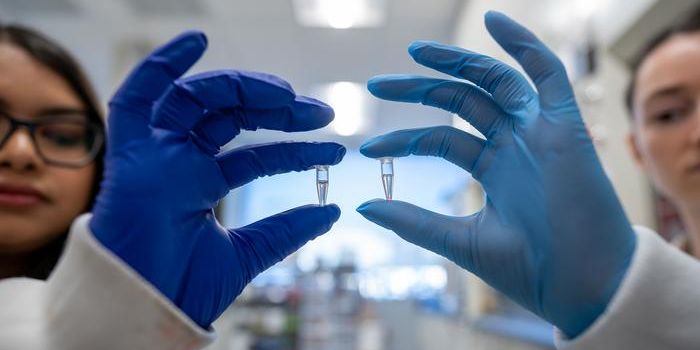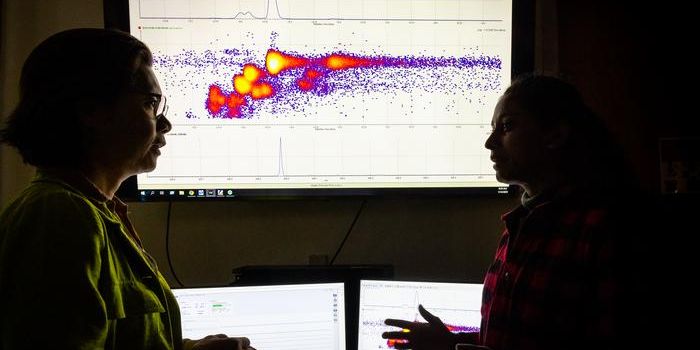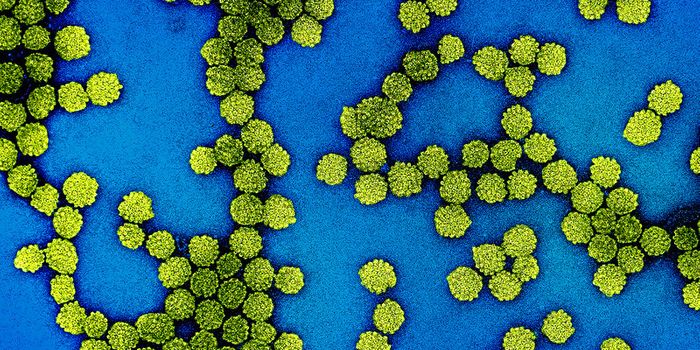Measles Outbreaks Strike Samoa, DRC
The largest measles outbreak in the world is now occurring in the Democratic Republic of Congo (DRC). Over 5,000 people have died from the illness, which is caused by a highly contagious virus. The virus lives in mucus in the throat and nose of infected individuals, and when these people cough or sneeze they can spread it to others. The measles virus can remain in the air for up to two hours after an infected person has coughed or sneezed. A healthy individual only has to breathe the air that's contaminated or touch an infected surface then touch their eyes, mouth or nose to become infected.
Measles causes a high fever, runny nose, and cough, as well as a rash. It can also be a serious disease if complications develop, and babies and young kids are especially susceptible. According to the Centers for Disease Control and Prevention (CDC), about one in five unvaccinated people who contract measles have to be hospitalized. Around one in twenty children that get the disease develops pneumonia, which can be fatal. It can also cause deafness and intellectual deficits.
In the DRC, the World Health Organization (WHO) is trying to get as many people vaccinated as quickly as possible so they can prevent more deaths from occurring.
“Right now the DRC outbreak is the largest outbreak worldwide,” said Kate O'Brien, director of the WHO's Immunization and Vaccines Department. “And we estimate, the country estimates that there have been as I said over 250,000 cases and over 5,000 deaths attributable to measles, which of course is more than Ebola, substantially more than Ebola and most of these are children and babies."
Measles was thought to be eradicated in the United States until people started to opt out of the vaccine. In 2019, the CDC reports that there have been 1,261 confirmed cases of measles in 31 states.
In Samoa, an anti-vaccine campaign has been blamed for a serious outbreak that is now ongoing there, according to WHO. Two babies died last year in Samoa after they got the vaccine, and parents got scared. An anti-vaccine group began to stoke the fear and used social media to spread their message of mistrust. Misinformation about vaccine safety “has had a very remarkable impact on the immunization program” there, said O'Brien, and “this is now being measured in the lives of children who have died in the course of this outbreak.”
The epidemic in Samoa has now claimed 39 lives. It's thought that around 2,600 people have been infected in a nation of only around 200,000.
O'Brien noted that as of 2018, about 31 percent of kids under the age of five had been immunized, compared to 84 percent only four years ago.
Ian Norton of WHO’s emergency medical unit said that the country was facing a huge burden because of the outbreak; the hospital in Samoa's capital city normally has four beds in their intensive care unit, but now fourteen kids are living in ventilators. Mass vaccination, he noted, was the only way to stop the epidemic.


![[Guide] 7 Strategies to Boost Laboratory Collaboration](https://d3bkbkx82g74b8.cloudfront.net/eyJidWNrZXQiOiJsYWJyb290cy1pbWFnZXMiLCJrZXkiOiJjb250ZW50X2FydGljbGVfcHJvZmlsZV9pbWFnZV83YzBjZWIwM2Y5YzI4MmFlYzBhZDZhMTcyNTQ1ZGU3YmE4Y2MzMDYyXzUxNDkuanBnIiwiZWRpdHMiOnsidG9Gb3JtYXQiOiJqcGciLCJyZXNpemUiOnsid2lkdGgiOjcwMCwiaGVpZ2h0IjozNTAsImZpdCI6ImNvdmVyIiwicG9zaXRpb24iOiJjZW50ZXIiLCJiYWNrZ3JvdW5kIjoiI2ZmZiJ9LCJmbGF0dGVuIjp7ImJhY2tncm91bmQiOiIjZmZmIn19fQ==)





